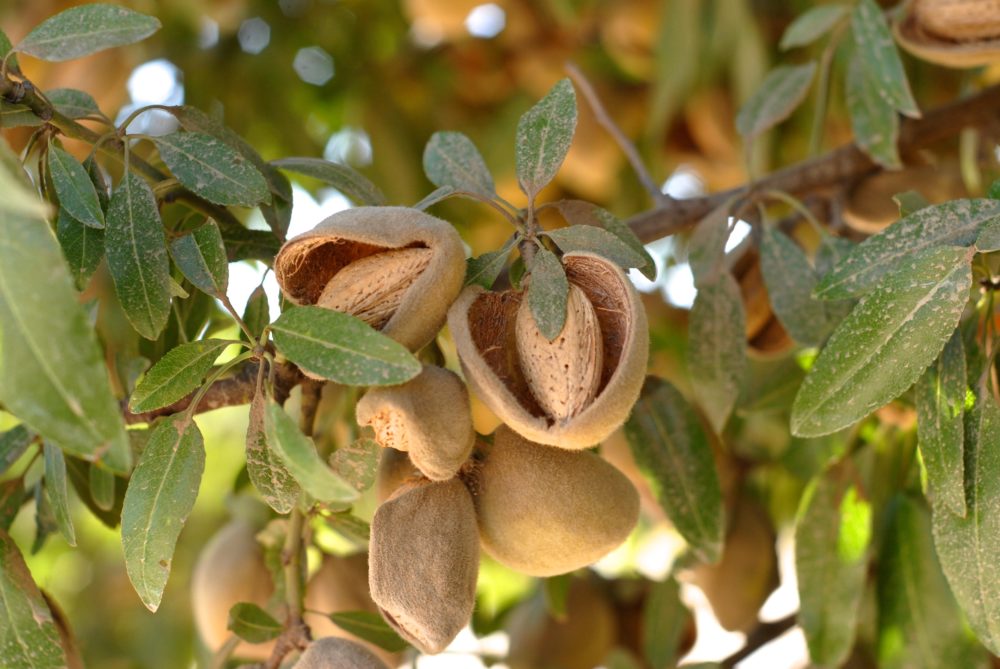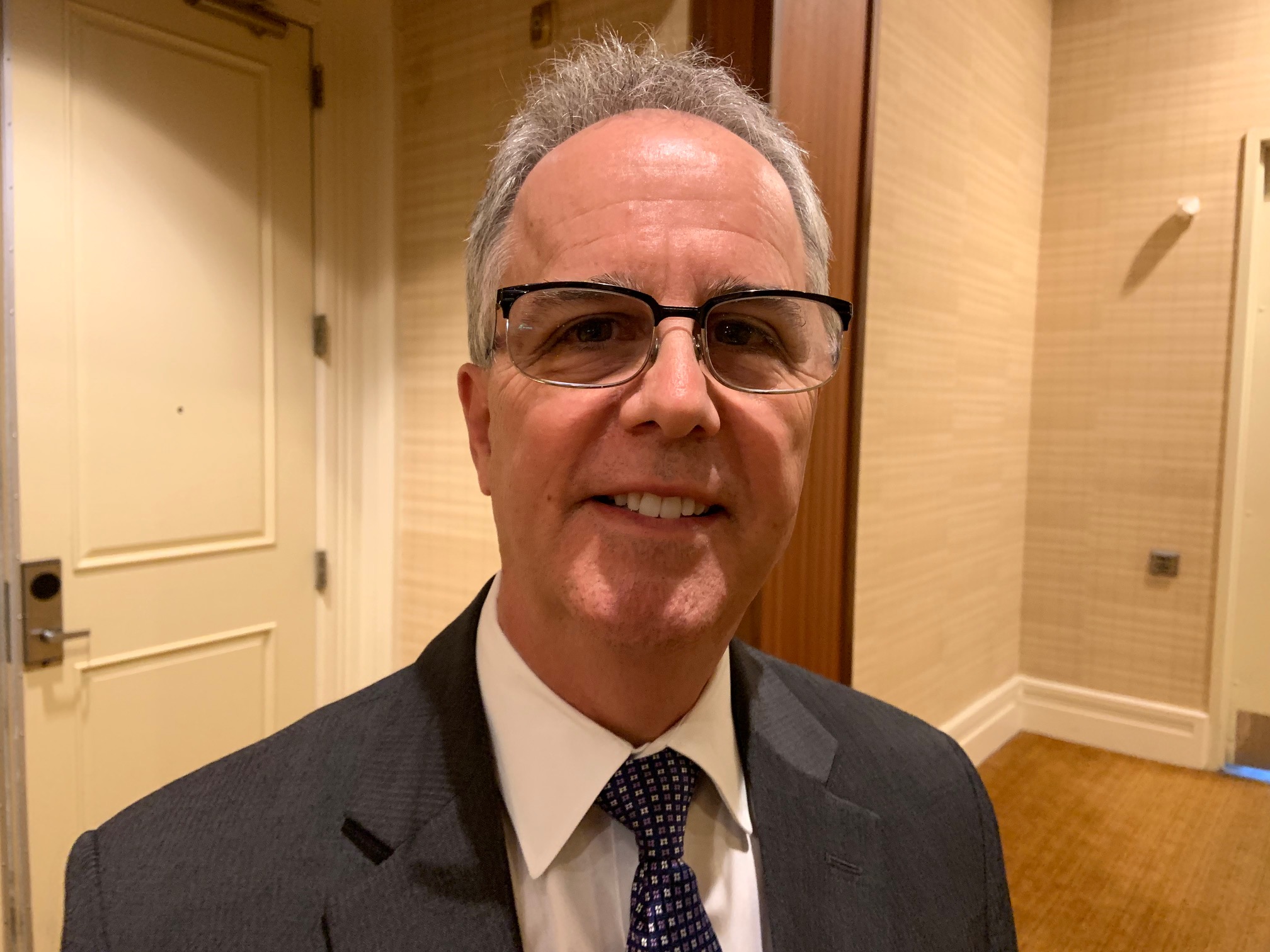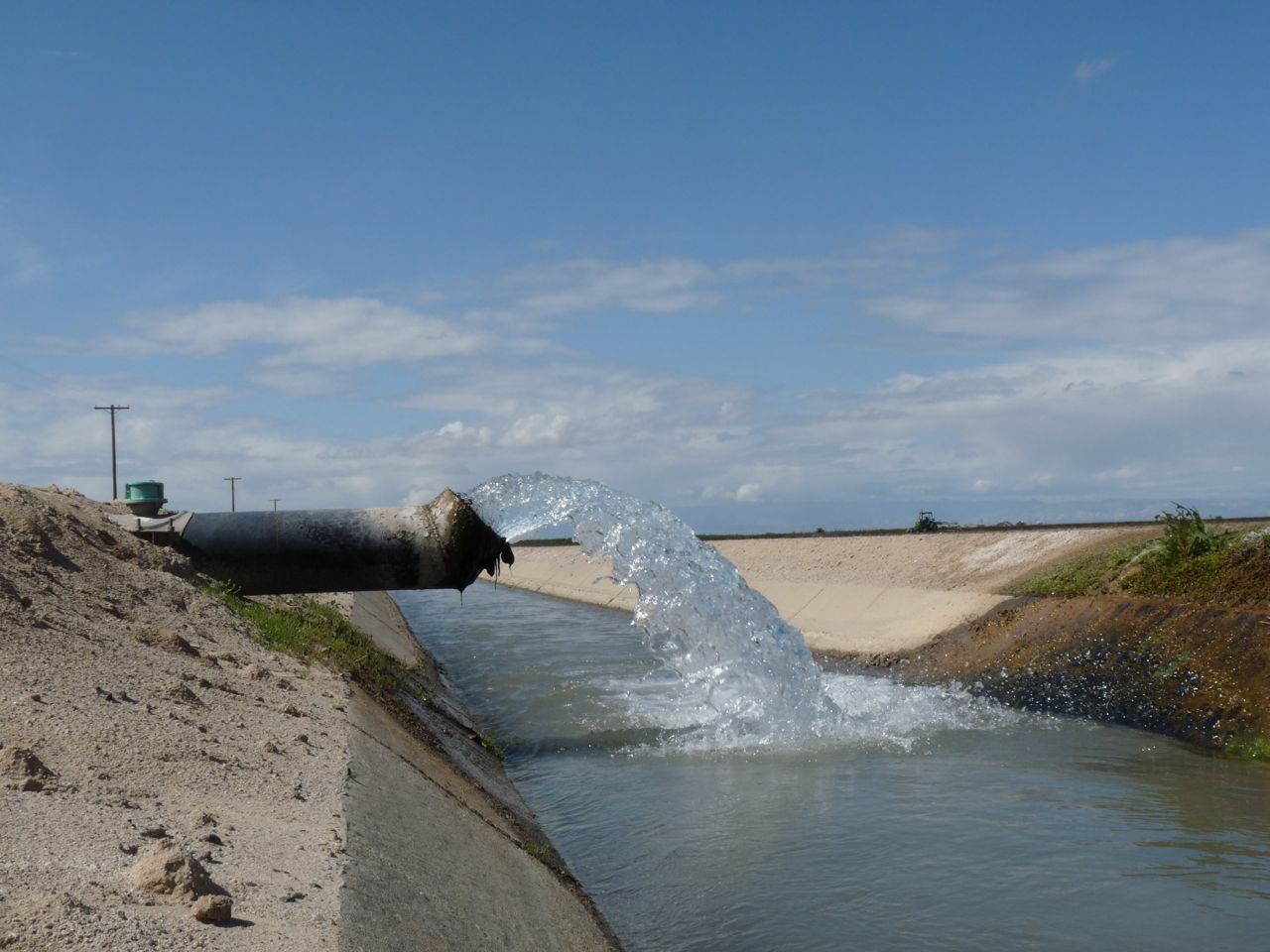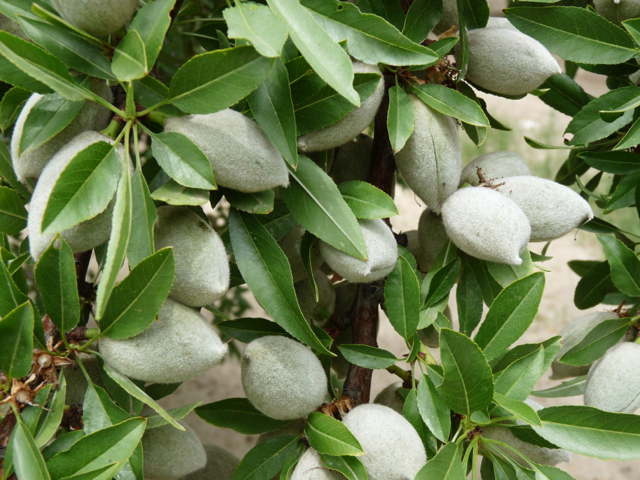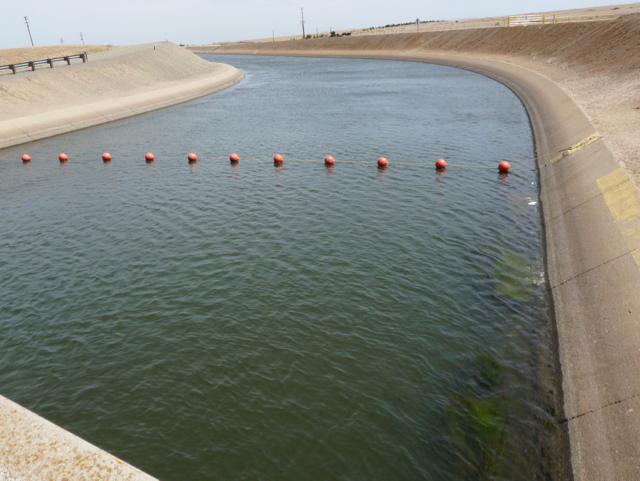Preparing for SGMA — The Time is Now
It’s Time to Manage Your Water Assets
By Mikenzi Meyers, Associate Editor
It’s time for growers to start preparing for the implementation of the Sustainable Groundwater Management Act, otherwise known as SGMA, and groundwater consultant Chris Johnson is here to help.
Johnson, owner of Aegis Groundwater Consulting based out of Fresno, stressed the significance of farmers instrumenting their wells.
“It’s good for them to be able to manage them as assets, and then the data is important to defend themselves if they find they are being lumped in through SGMA and not being effectively represented,” he said.
Being misrepresented under SGMA can be a result of an “index well” data measurement. Index wells are a method of measuring water table levels in the area. However, their location might differ from where a farmer’s well is—meaning the data may not be indicative of the water the farmer is actually using.
Some growers might be concerned that metering their well may put them at risk of exceeding a pre-established limit, but according to Johnson, the meters provide enough data to prevent this from happening.
“The flow rate from the well not only tells you how it is behaving, but it also gives you another number to evaluate what the distribution and application systems are doing, so it’s a check that is available for them as well,” he said.


